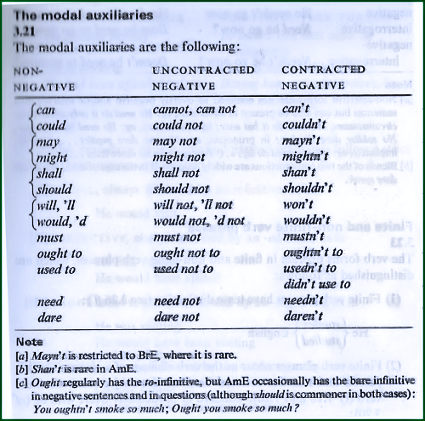

Akane: I have a terrible toothache and aspirin is not working.
Mizuki: You might consider seeing Dr. Endo. He's a good
dentist.
Abdullah: I fell down and hurt my knee. Look. My right knee is twice
as big as the left one now.
Fawaz: It looks terrible. You should see a doctor.
Ming: Why are all these people here? Did something happen?
Chantal: Yes. Kento tried a trick on Julie's skateboard, but he
fell off and broke his leg. It looks awful. He may
have to go to the hospital and have surgery.
Ming: That really is so bad. He will have to miss some
classes. Julie ought to be more careful about letting
other people use her skateboard.
Did you notice that, unlike all other modals, the so called pseudo-modal, "have to", can follow another modal?
Now, let's practice using modals of suggestion, advice and obligation. Do not use a modal of possibility. Select the best response to each situation below.1. It's raining outside.
2. He can't go to the party tonight.
3. I don't know what to do today.
4. The dog ate Dong Hyun's lunch!
5. The teacher marked him absent for having a cellphone out during class.

Quirk, R., & Greenbaum, S. (1973). A concise grammar of contemporary English (p. 37) Harcourt Brace Jovanovich, Inc.